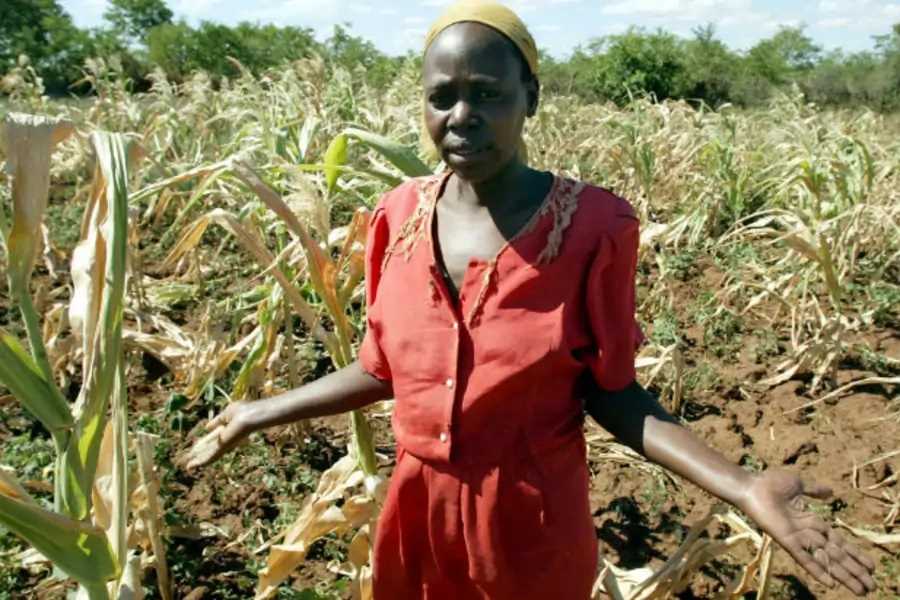
Philemon Jambaya
ASSISTANT EDITOR
Unicef is urgently requesting US$84.9 million to fund its emergency response plan for Zimbabwean children and women impacted by the El Nino crisis. This funding will deliver life-saving interventions to 1.34 million people, with a focus on 866,000 children, amidst a complex humanitarian situation worsened by water and food insecurity.
Zimbabwe is grappling with a severe El Nino-induced drought disproportionately affecting young children, pregnant and lactating mothers, and adolescents. This climate phenomenon coincides with ongoing public health emergencies related to cholera and polio, creating a multi-faceted humanitarian crisis.
The drought is causing numerous health issues in children, including outbreaks of disease, increased vulnerability to infections and respiratory illnesses, and a rise in malnutrition rates.
Water scarcity is expected to exacerbate the spread of waterborne diseases like diarrhoea, particularly among malnourished children with weakened immune systems. Furthermore, the drought is pushing households deeper into poverty, increasing the risk of school dropouts and violence, abuse, and exploitation against children.
Related Stories
“Our primary concern is the extreme vulnerability of children in this crisis,” stated Dr. Nicholas Alipui, Unicef Representative in Zimbabwe.
“Limited access to clean water and proper nutrition significantly heighten the risk of malnutrition and diarrheal diseases in children. These factors also impact their right to education and protection. The full consequences of these intersecting issues will likely unfold in the coming months, highlighting the urgent need for preventive measures to avert a surge in child deaths.”
Unicef’s appeal complements a broader UN inter-agency effort to support the Zimbabwean government’s response to the El Nino emergency. The organisation’s focus is on ensuring continued access to essential services for children and their caregivers, working collaboratively with the government and partner organisations.
This includes integrated healthcare, clean water and sanitation facilities, nutritional support and education, and child protection services.
“Donor support is critical to secure the well-being, education, and safety of Zimbabwe's children during this crisis,” emphasised Dr. Alipui.
“The funding will allow us to mitigate child illness and death rates, prevent and treat malnutrition, improve access to clean water, ensure educational continuity, and safeguard children from abuse and exploitation. Additionally, it will strengthen household resilience to cope with the crisis.”
The current drought’s impact on child nutrition is expected to persist into next year due to the depletion of household food stocks and production.


















Leave Comments